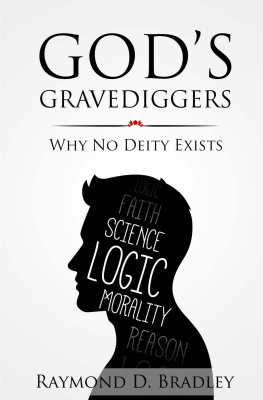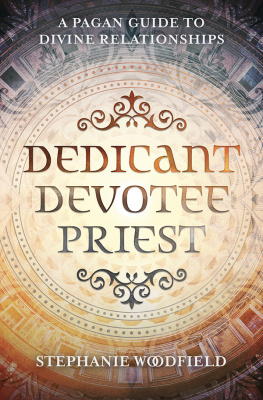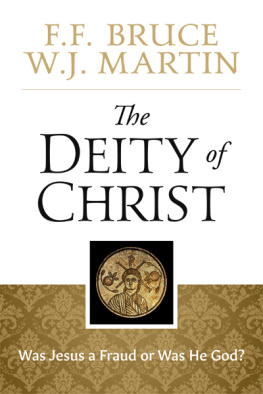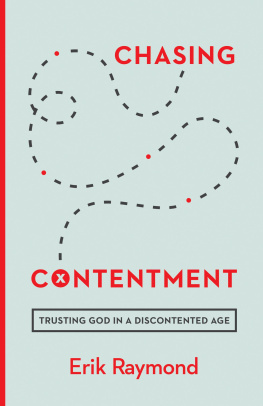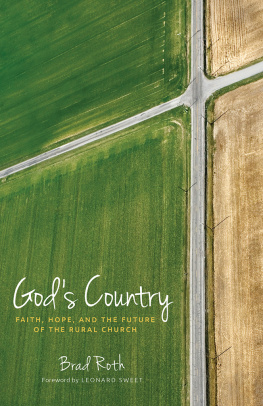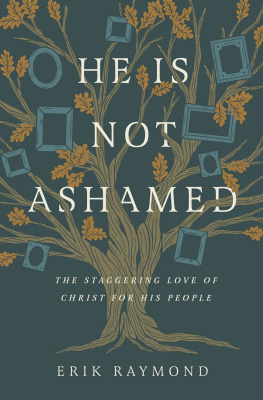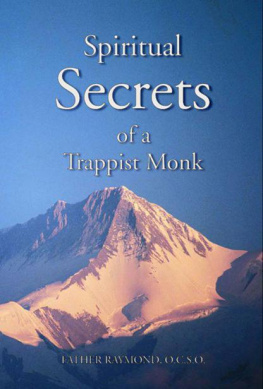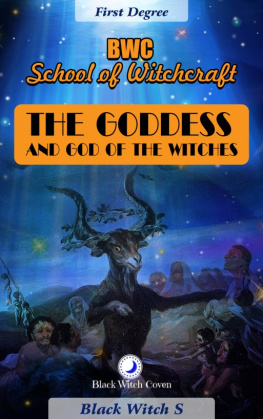Raymond Bradley - Gods Gravediggers: Why no Deity Exists
Here you can read online Raymond Bradley - Gods Gravediggers: Why no Deity Exists full text of the book (entire story) in english for free. Download pdf and epub, get meaning, cover and reviews about this ebook. year: 2016, publisher: Ockham Publishing, genre: Religion. Description of the work, (preface) as well as reviews are available. Best literature library LitArk.com created for fans of good reading and offers a wide selection of genres:
Romance novel
Science fiction
Adventure
Detective
Science
History
Home and family
Prose
Art
Politics
Computer
Non-fiction
Religion
Business
Children
Humor
Choose a favorite category and find really read worthwhile books. Enjoy immersion in the world of imagination, feel the emotions of the characters or learn something new for yourself, make an fascinating discovery.
- Book:Gods Gravediggers: Why no Deity Exists
- Author:
- Publisher:Ockham Publishing
- Genre:
- Year:2016
- Rating:5 / 5
- Favourites:Add to favourites
- Your mark:
- 100
- 1
- 2
- 3
- 4
- 5
Gods Gravediggers: Why no Deity Exists: summary, description and annotation
We offer to read an annotation, description, summary or preface (depends on what the author of the book "Gods Gravediggers: Why no Deity Exists" wrote himself). If you haven't found the necessary information about the book — write in the comments, we will try to find it.
Gods Gravediggers: Why no Deity Exists — read online for free the complete book (whole text) full work
Below is the text of the book, divided by pages. System saving the place of the last page read, allows you to conveniently read the book "Gods Gravediggers: Why no Deity Exists" online for free, without having to search again every time where you left off. Put a bookmark, and you can go to the page where you finished reading at any time.
Font size:
Interval:
Bookmark:
GODS GRAVEDIGGERS:WHY NO DEITY EXISTS
RAYMOND D. BRADLEY

Copyright 2015 Ockham Publishing
All rights reserved. No part of this publication may be reproduced, stored in or introduced into a retrieval system or transmitted in any form or by any means, electronic, mechanical, photocopying, recording or otherwise without prior written permission from the publisher.
Published by Ockham Publishing in the United Kingdom
ISBN 978-1-910780-08-4
Cover design by Armend Meha
www.ockham-publishing.com
In memory of the love of my life
JULIET ANDREA FISHER
(25 October 1941 to 27 August 2015)
An exquisite woman, outstanding in performing and teaching contemporary dance who shared my passion for truth, beauty and justice.
G ODS GRAVEDIGGERS
W HY NO DEITY EXISTS
PREFACE
Upon reading the title of this book, GOD'S GRAVEDIGGERS: WHY NO DEITY EXISTS , you might find yourself asking, "Which God is he referring to?" If so, then you've already embarked on the sort of questioning that led me when young, from the constraints of fundamentalist Christianity to the joys of being a Freethinker. My own questioning began with puzzles about Santa. How many Santas were there? Were any of them real? If so, which? These questions had parallels in the sphere of religious belief: questions about rival religions and questions about the different gods they worshipped. It was in pursuit of these questions that--motivated by a desire to understand the foundations of my faith--I launched into a study of theology, tangled on the way with a couple of leading Christian intellectuals, and emerged by the age of eighteen as a self-confessed atheist.
Chapter 1, "From Fundamentalist to Freethinker: It All Began with Santa" tells my personal story. It sketches my early encounters with virtually all the issues addressed in the other seven chapters. It sketches the sorts of reasons that eventually led me to conclude that core Christian doctrine was both morally obnoxious and intellectually dangerous, and that supernatural religions more generally deserved to die in Nietzsches sense.
In Chapter 2, "The Logical Rivalry of the Gods: Choices of a Spiritual Pilgrim", I deal more fully with the issue of why different religions compete with one another, not just on the battlefields, but for the "hearts and minds" of believers over matters of doctrine. I argue that Scottish philosopher, David Hume, was right when he claimed that the distinctive doctrines of different religions also compete with each other logically: that they are, in a strictly logical sense of the word, "contrary" to one another. Taking this occasion to lay the foundations for a better comprehension of the logical issues that are at stake throughout the book, I engage in a couple of "Logical Interludes" that explain some very basic concepts of logic, including modal logic. An understanding of these really helps if you want to wrap your mind around contemporary discussions in Philosophy of Religion. (Don't worry, though. I think you'll find these interludes both comprehensible and helpful.) I show how Hume's analysis supports the conclusion that it is highly probable that no religion, or any evidential claim adduced in its support, is true. And I go on to argue with respect to gods, that theres a near zero probability that any of them actually exist.
That brings us to Chapters 3 and 4, which lie at the very heart of my book, expanding as they do on my reasons for giving it the title GOD'S GRAVEDIGGERS. If you haven't time to read much else, read these chapters. An overview of the perspective that I eventually came to adopt, these chapters explain why I am an atheist, not a mere agnostic, about the gods: all gods. Thus Chapter 3, "Why God Deserves to Die: Intellectual and Moral Indictments, concentrates on charges against the biblical god: the god God belief in whom is supposedly common to all three monotheistic religions, Judaism, Christianity, and Islam.
And Chapter 4, Trying to Resuscitate the God Concept: Philo sophical Arguments, discusses the sanitized God that many philosophers try to erect in place of the ugly gods of traditional theism. I deal with some of the standard arg uments such as the ontological, the design, and the cosmological arguments (including the now fashionable fine tuning argument) and show that none of them succeeds in rescuing God from the grave. But issues regarding morality, not just reason, logic, and science, loom particularly large.
They loom larger still in Chapter 5, "The Moral Argument for Atheism: a Logical Quandary for Theists." My moral argument for atheism is an argument for the nonexistence of any sort of revealed god, such as the Christian God in particular.
Chapter 6, "The Logic of Hell and Damnation: Another Logical Quandary", narrows the focus of moral indictment. It demonstrates that the concept of the Christian God, as characterized by orthodox Christians including leading theologians and philosophers of that faith, is self-contradictory. It leads to the conclusion that the existence of such a god is not just wildly improbable but logically impossible.
That brings us to Chapter 7, "The Impossibility of an Afterlife: The Cheshire Cat Fallacy." I don't deny that it is logically possible that we humans should survive our bodily deaths and go on to an afterlife in a supernatural world. God might not be there, but we might. "Might", in the logical sense, that is. But is there any good reason to suppose that the real world is such a world? I concentrate on rebutting standard philosophical arguments in favour of the idea of survival, and then go on to argue for an ontology--my own version of Emergent Materialism--according to which survival is metaphysically impossible. The existence of a soul or mind after one's body has died, I argue, is as fanciful as Lewis Carroll's idea of the Cheshire Cat's grin existing after its body has gone.
All this stuff about a supernatural world inhabited by God, gods, devils, and the souls of the departed, is anathema to some Christians: not to the conservative majority but to some of a more "liberal" persuasion. The "God" they like to talk about is the god of theologians who belong to the tradition of Paul Tillich: those for whom God is something like "the infinite and inexhaustible depth and ground of all being." If you're tempted by this sort of stuff then bear with me while I treat you to another little story from Lewis Carroll: that of Alice and her exchanges with Humpty Dumpty. Hence the title of the final chapter, Chapter 8: "Gobbledygook Gods: Playing Humpty Dumpty with Words." As I see it, the pseudo-theistic "God" of liberals isn't worthy of the name.
This book presents a sustained argument for its conclusion: that belief in God--any god--deserves to die. Its chapters are best read in sequence as many of them presuppose an understanding of what's gone before. Nevertheless, I've tried to make provision for those who will read them out of sequence by incorporating in each just enough repetition to make each chapter comprehensible in isolation from its fellows.
Most chapters evolved from simpler origins. With one exception (Chapter 7) they had their beginnings in oral presentations to live audiences: to undergraduate students; to seminars with colleagues; to public audiences; to conference attendees; to members of the New Zealand Association of Rationalists and Humanists; and the like. And despite the fact that they've all undergone substantial revision and expansion since then--sometimes incorporating material from other papers I've written over the years--I've sought throughout to preserve the cadences of ordinary speech rather than adopting the usual scholarly tone characteristic of academic writing. Thus I've aspired to make my arguments stand on their own feet and be accessible to the general reader by virtue of their clarity, conciseness, and cogency. And readability.
Next pageFont size:
Interval:
Bookmark:
Similar books «Gods Gravediggers: Why no Deity Exists»
Look at similar books to Gods Gravediggers: Why no Deity Exists. We have selected literature similar in name and meaning in the hope of providing readers with more options to find new, interesting, not yet read works.
Discussion, reviews of the book Gods Gravediggers: Why no Deity Exists and just readers' own opinions. Leave your comments, write what you think about the work, its meaning or the main characters. Specify what exactly you liked and what you didn't like, and why you think so.

